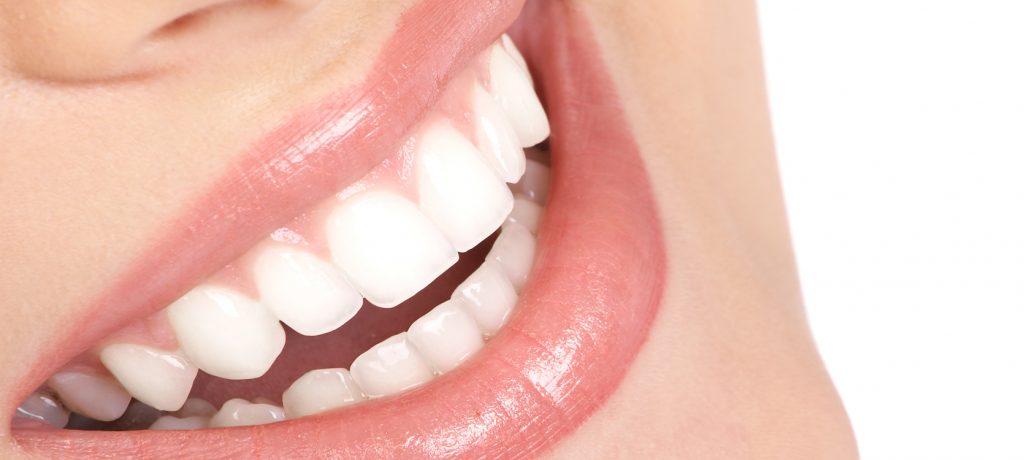Don’t take chances on your health! Floss daily!
Who knew that something as simple as a string could help you prevent cavities, and keep your teeth and gums healthy? Floss has been a simple and powerful tool to boost oral hygiene as early as Prehistoric times. An article from Spear Education, says that during the prehistoric period “horse hair was used as floss”. The idea of flossing didn’t catch on until 1815, by a New Orleans Dentist by the name of Dr. Levi Spear Parmly, who began advising his patients to use a thin silk thread to clean between their teeth. Floss has come a long way from its prehistoric horse hair days, to a thin silk thread, and now to a wide variety of floss picks, waxed floss, and flavored floss. The benefits of flossing remain the same regardless of the floss you choose, once you learn how to floss properly.
Learning how to floss properly will be beneficial for your oral hygiene, but for your overall health as well.
- You’ll need about 18 inches of floss to properly floss your teeth. You’ll wrap most of your floss around your middle or index finger, and then you’ll use your your middle or index finger of your other hand to guide the floss between each tooth.
- As you slide the floss between your teeth begin to move in a back and forth motion. Make a “C” with the floss, and work your way from the gum line to the top of the tooth. Be sure to work down into the gumline to remove any plaque that’s hiding.
- When you move from tooth to tooth be sure to use a fresh section of the floss for each tooth. Unroll a fresh section of floss from your middle/index finger, and roll onto the middle/index finger of the other hand.
- Don’t forget to floss the front and back of your teeth.
Now that you know how to floss properly, let’s look at the reasons why flossing benefits oral health and your overall health.
- Fights Gum Disease – Flossing isn’t just to remove food from in between your teeth. It removes plaque build-up that your toothbrush can’t reach. When bacteria build up it turns into tartar. When tartar gets beneath your gums it can turn into gingivitis. Then, untreated gingivitis can lead into periodontal disease. Flossing regularly can avoid these dental problems.
- Prevent Cavities and Tooth Decay – Flossing gets in those tight spots preventing plaque build-up. If ignored, a cavity begins to weaken the tooth, and if not addressed will lead to tooth decay. Tooth decay can lead to crowns, root canals, and tooth extractions. Avoid all of these issues by flossing regularly.
- Prevents Heart Disease – Turns out that there’s a link between gum disease and increased risk for heart disease and stroke. Live bacteria that gets in through your gums can trigger inflammation. Inflammation then causes damage to the blood vessels which can lead to heart disease.
Take no chances. It is best to stay on top of your oral health and floss daily. If you’re in need of a dentist please contact Penn Dental Family Practice today to make an appointment!
